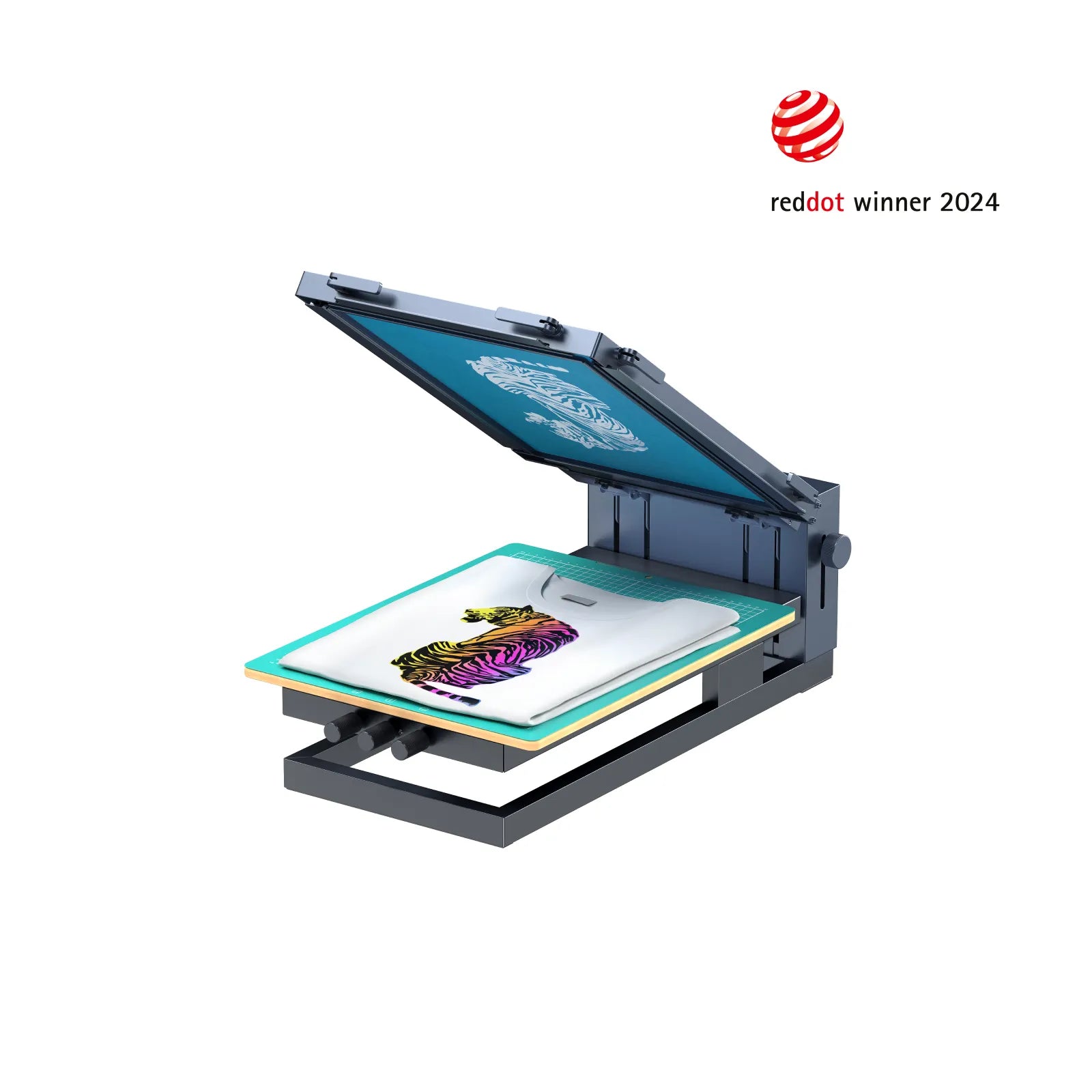The Vital Overview to Comprehending Screen Printing and Its Versatile Makes use of
Screen printing has a rich history that goes back to old times, developing right into an innovative technique made use of across different sectors today. This overview discovers the ins and outs of the screen printing process, describing its applications in style, home, and marketing style - 10:9 Design Abilene. Understanding these principles can open innovative possibility for both artistic and industrial tasks. The complying with areas will reveal vital ideas and techniques to enhance one's screen printing ventures
The Background of Screen Printing
Although screen printing has origins that map back centuries, its evolution reflects the technological and creative innovations of various cultures. Stemming in old China, the technique was originally utilized for embellishing textiles and later infect Japan, where it ended up being important to Ukiyo-e woodblock printing. The method shifted to Europe in the 18th century, where it gained appeal among craftsmens and industrial printers. The creation of photo emulsion in the 20th century reinvented screen printing, permitting for even more complex styles and greater efficiency. Musicians like Andy Warhol further moved its popularity, making use of the tool to produce famous works that mixed commercialism and great art. By the late 20th century, screen printing had established itself as a versatile method, utilized in vogue, marketing, and art. Today, it remains to advance, incorporating digital innovation and increasing its applications throughout different sectors.
The Screen Printing Process Explained
Screen printing transforms imaginative visions into concrete styles via a series of exact actions. Initially, a picture is developed and afterwards moved onto a screen, usually constructed from fine mesh material extended over a frame. A light-sensitive solution is applied to the screen, which is subjected to light, setting in areas not covered by the image. After rinsing the unhardened solution, a pattern is developed.
Next off, the screen is placed over the substratum, whether it be textile, paper, or an additional material. Ink is then pressed with the open areas of the pattern utilizing a squeegee, transferring the style onto the substrate below. This procedure can be duplicated for numerous colors, requiring separate screens for each and every hue. The printed product is healed utilizing heat to ensure the ink adheres effectively, resulting in a sturdy, dynamic layout ready for use.
Kinds Of Screen Printing Techniques

Additionally, specialty techniques, such as discharge screen printing, get rid of dye from the fabric to develop softer prints, while aluminum foil screen printing uses metal aluminum foil to accomplish a shiny surface (10:9 Design near me). Each method provides distinctive characteristics, dealing with various imaginative demands and production scales, inevitably broadening the possibilities within the screen printing domain
Applications of Screen Printing in Various Industries

Furthermore, the signage and advertising sectors utilize screen printing for developing appealing screens and banners. This approach enables strong shades and detailed styles that catch focus. In electronics, screen printing is utilized for applying conductive inks to circuit boards, necessary for element links. The home décor market accepts screen printing to create distinctive designs on textiles and wall art. Generally, screen printing acts as a vital tool across varied areas, enhancing products with customized and aesthetically attractive graphics.
Tips for Successful Screen Printing Projects
While undertaking a screen printing task, mindful focus to information can substantially improve the last outcome. First, selecting top notch products is necessary; this includes the screen, inks, and substratums. Using ideal mesh matters can affect ink deposition and detail resolution. Prep work is similarly crucial; complete cleansing of displays and proper exposure times ensure crisp prints.
Next, precise registration is important for multi-color prints. Utilizing alignment tools can assist achieve exact layering. In addition, screening prints on scrap products prior to production helps identify prospective issues without throwing away resources.

Regularly Asked Inquiries
What Materials Are Ideal for Screen Printing on Material?
Cotton and polyester blends are ideal for screen printing on textile due to their durability and ink absorption. Furthermore, specialized fabrics like silk or canvas can generate unique structures and finishes, improving the total design top quality.
How Do I Tidy and Maintain Screen Printing Equipment?
To cleanse and preserve screen printing tools, one should on a regular basis wash displays with suitable solvents, inspect squeegees for wear, oil moving parts, and store all things in a completely dry, dust-free atmosphere to prolong their life-span.
What Are the Ecological Impacts of Screen Printing?
Screen printing can have significant ecological impacts, consisting of chemical waste from solvents and inks, water use throughout cleaning processes, and energy usage. Lasting methods and environmentally friendly materials are vital for lessening these negative results.
Can Screen Printing Be Done in your home Effectively?
Screen printing can be properly done at home with the best products and techniques. Hobbyists can create top quality prints, though success depends upon their ability degree, devices, and understanding of the procedure entailed.
What Are the Expenses Linked With Beginning a Screen Printing Business?

Beginning a screen printing company includes prices for check here tools, materials, and office. First expenses normally vary from a few hundred to numerous thousand dollars, depending on the range, quality of equipment, and desired manufacturing ability.
Screen printing has an abundant background that dates back to old times, progressing into an innovative strategy utilized across various industries today. Another technique, rotary screen printing, employs round screens, assisting in constant printing on material rolls, therefore improving effectiveness for large-scale manufacturings. Furthermore, specialty methods, such as discharge screen printing, eliminate dye from the fabric to create softer prints, while aluminum foil screen printing applies metal foil to achieve a glossy surface. In the fashion field, screen printing is extensively utilized to create lively designs on garments, making it possible for brands to display their one-of-a-kind styles. Cotton and polyester blends are suitable for screen printing on textile due to their resilience and ink absorption.